Mozambique: Spanish NGO brings skin cancer surgery to Nampula province - Watch
Mozambican Women’s Day: Still not enough women in leadership positions
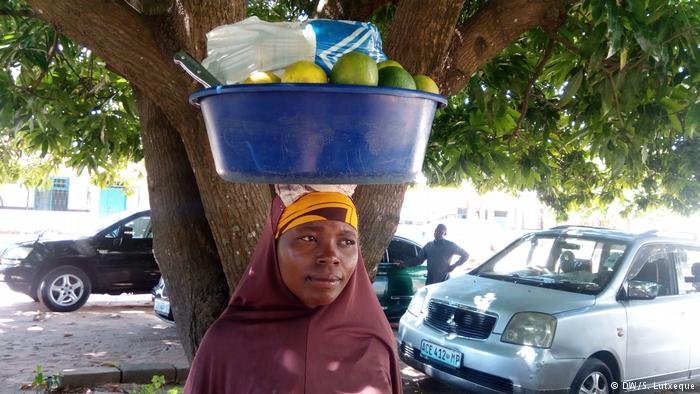
Atija Momade in Nampula (DW / S Lutxeque)
In Mozambique, women remain the majority: of the approximately 28 million inhabitants, 15 million are women. But they still face difficulties in access to education and the labour market.
According to the 2017 census, Nampula, Mozambique’s northern and most populous province, has more than six million inhabitants. Nearly four million these are women and many of them are heads of households.
Illiteracy, premature marriages and poverty are among the problems they face.
For example, 25-year-old Atija Momade struggles to support the three children she has had with her peddler husband. The family lives in the populous neighbourhood of Namicopo, on the outskirts of Nampula. Every day except Sunday, Atija Momade goes from street to street with a bowl full of oranges on her head.
“I can sell 200 meticais’-worth [three Euros] of oranges per day, to feed my children. I studied and went all the way to 10th grade, but I stopped studying in 2012for lack of [financial] resources, and that was when I started my business,” she explains.
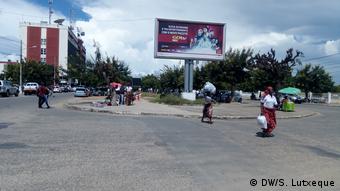
“I’ve thought about going back to school but it’s not possible. I’m happy selling, because sitting at home does me no good at all,” she says.
More government support
Momade acknowledges the government’s efforts to combat inequality between men and women, but says it is not easy for disadvantaged women to obtain the support of the authorities.
“I don’t know if the government helps us – I’ve never seen it. Maybe it helps other women, maybe those who work. I’d like the government to help us by offering us jobs,” she says.
Last Saturday (07-04) marked Mozambican Women’s Day, and, like thousands of other women, Atija prepared in advance: “I have already bought my capulana,” she boasts.
The Mozambican Women’s Organisation (WMO) is mobilising women to find ways to overcome problems common to women.
“In Nampula province we have many district administrators, permanent secretaries and directors of various branches of activity,” Maria Elisa Rodrigues, WMO provincial secretary for Nampula, says.
“Even though we have not yet reached the 50 percent level, this is salutary. We are on the right track – we have mobilised women to study,” she says.
According to Elisa Rodrigues, the WMO has also helped women with agricultural production and entrepreneurship.

Hermenegilda Jorge, head of the Women’s Department at the Provincial Directorate for Gender, Children and Social Action of Nampula, is hopeful, and says her department has supported women and improved their living conditions.
“Women identify what they want to do, and we support them. Up to now [in 2018], we have helped about 52 women in various districts,” she says.



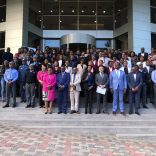
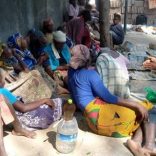
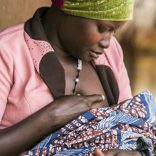






Leave a Reply
Be the First to Comment!
You must be logged in to post a comment.
You must be logged in to post a comment.